

Call of Duty: Advanced Warfare starring Kevin Spacey just got leaked ahead of a planned announcement set to land this weekend. Despite the minor inconvenience of having their marketing plans disrupted by the trailer leak that shows Spacey monologging about the state of democracy while demoing the machinations war, everything remains on course for another November CoD release. Same old, same old.
Last night, having just written about the Advanced Warfare teaser on the site (back when we still thought it might be called Blacksmith - how silly of us) for a news piece, we were stroking the ball around a football field in a game of FIFA and contemplating the similarities between the two IPs. Obviously they're not the same; the only shooting you do in FIFA is on goal, but when it comes to release schedules, it struck us that Call of Duty is already comparable to a sports series. We're no longer talking about new games, but instead we're looking at a yearly refresh, whereby the core remains intact and the only changes made are superficial.
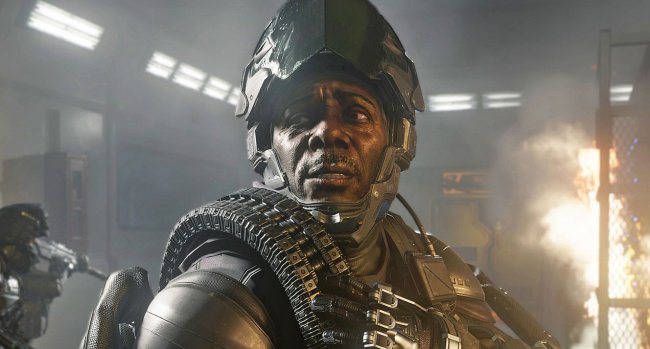
Trawling through social media feeds it's not hard to unearth apathy towards CoD. Many gamers are finding it increasingly difficult to care, and who can blame them when the core components vary so little from year to year... So what if the maps are different, so what if you include one or two new game modes, the essence of the game is the same: twitch gameplay, arcade action, a bolted-on campaign that's likely a little bit sillier than last year and all the while drifting closer to parody. Activision are following the formula pretty closely nowadays. That said, we could still be in for a few surprises this time around. A third-person perspective? No (or new) co-op or wave-based modes? Outlandish ideas on paper, but who knows what's being done to shake up things this time. But changes or no, there's definitely dissent in the ranks.
But, and here's the question, does the yearly approach deserve derision? Does EA get the same flack for reissuing FIFA or Madden every twelve months, but with the slight improvements that shunt the series forward, however incrementally? The answer is a simple no, although the season setup that underpins the annual release of a new FIFA game goes someway to excuse the decision. But let's not kid ourselves, EA could easily release a game every two years, issuing new team-sheets annually via DLC (or, heaven forbid, for free to their loyal and already paying customers). If released every two years you'd actually see the difference in a new FIFA game rather than just shrug your shoulders when you load it up because it feels just like it did the year before.
It seems to us that Call of Duty is now walking the very same path. Three teams (since the training wheels were taken off over at Sledgehammer) are now working in three year cycles to deliver the annual experiences that CoD players are now accustomed to. This will likely prove a good move in the long run, because even though there's plenty of grumbling from gamers and critics across the industry, there's still healthy numbers of CoD fanatics who line up every year, slapping their money on the counter in order to get their hands on the latest instalment. The extra year of development time should ensure the quality remains high and keep these customers happy.


It's easy to see that Call of Duty has peaked, and it was the time back when Black Ops and Modern Warfare were co-existing that represented the series at its zenith. Now, with Ghosts underwhelming and the untested Sledgehammer joining Treyarch and Infinity Ward (minus much of the talent that established them) on development duties, the future remains unclear. There's plenty still in the tank, that's for sure, but we'd be surprised if the series was able to recreate the success that it enjoyed just a couple of years ago. We've been over-exposed, the games are starting to blur now. But still another game looms on the horizon, waiting to top the charts in early November. It'll be interesting to see how Advanced Warfare compares with its predecessors in terms of sales.
There's other series that are looking at the model employed by Activision for their flagship series, the lure of the annual release being as enticing as it is. Assassin's Creed games pop up with unnerving regularity. Battlefield 4 appeared hot on the heels of its predecessor, despite not even being finished in time for release (though, at least, there was a gap of more than a solitary year). Lego games are coming out so often it's actually a bit startling, and while they're clearly aimed at a younger, more forgiving demographic, it's still hard to shake off the feeling that we're getting too many of these games.
Then we've got Titanfall, which itself derives from Call of Duty, with Respawn Entertainment born of Infinity Ward. It's too early to say what the future holds for this IP, but the decision to strip out the single player mode - the part used in trailers and for marketing purposes in other shooter games - leaves its developers with a fairly straightforward task in updating the game when it comes time for the inevitable sequel. Looking at it from a cynical perspective, Titanfall looks like it could have been custom built for easy iteration from here on in. We hope time is taken over the sequel, but we also fear that the lure of waving goodbye to exclusivity and launching on PlayStation will mean the next game will make it out the gate sooner rather than later.
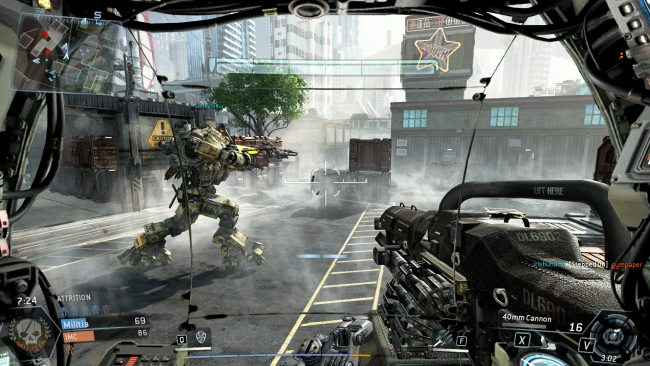
With that in mind, we find ourselves asking another question. Though perhaps the answer to this one is more obvious: are these games getting annual instalments to satisfy player demand, or are we being served rehashed experiences to satisfy the shareholder's legendary need for remuneration? We fear that it is a lust for money that's the factor more influential than any other, and the one that drives the major publishers to churn out the never-ending supply of sequels.
But, and it's a big but too: we still buy them. Every year High Street retailers open at midnight so gamers can get their next fix of Call of Duty or FIFA, and every year enough paying customers turn up to make it worth their while. It's almost like we've been fed so much that we've got to keep eating, and even though it's making us feel ill in the process, as a collective we're enduring the nausea and pushing on through.
As long as there's a market, EA and Activision (and everybody else) are going to carry on as is, after all, it's in their interests, and they're making a pretty penny in the process. Annual releases are here to stay, and the only way we're not going to get a new CoD every year is if one November everyone leaves their wallet/purse at home and doesn't buy the latest release to hit store shelves. And let's face it, that's never going to happen.
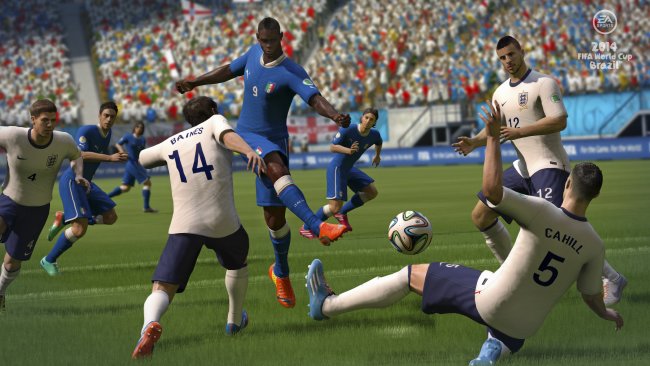
Which brings us back to where we started. Kicking a ball around a field in the new FIFA World Cup game (it's actually the second game in the franchise to land in eight months, and one that'll probably precede another FIFA title that's likely to arrive at the end of September). Nobody seems to get as irritated by the yearly (sometime even more frequently than that) iterations of sports games that hit the market, and perhaps that's a reflection of Call of Duty's lofty position. It's the biggest game on the planet and that makes it an easy target. But perhaps it's also a little unfair, and the right thing to do - if you don't like CoD at least - it to just ignore it and invest your energy in following a game more to your tastes. We don't tear FIFA a new one for launching a new game every 12 months, and maybe Call of Duty is now simply a victim of its own success. It's almost fashionable to hate on it now.
As for us. We're firmly in the over-saturated camp. We lost interest in single-player side of Call of Duty, probably on the escalators of that most controversial of levels of Modern Warfare 2, when it became blindingly obvious that the series had peaked in the first Modern Warfare. If not then, the ridiculousness of Black Ops was the coup de grace that finished us off. Even if, from time to time, we still dabble in the multiplayer side of things, we've stopped getting excited about the yearly releases. But rather than getting irate when we see a new CoD game on the horizon, nowadays we just consign it away into the same space occupied by every other annually released sport series; it's something to cover for work, a part of the cycle, and it will remain so because out there somewhere is an eager audience that can't wait to get their hands on it.
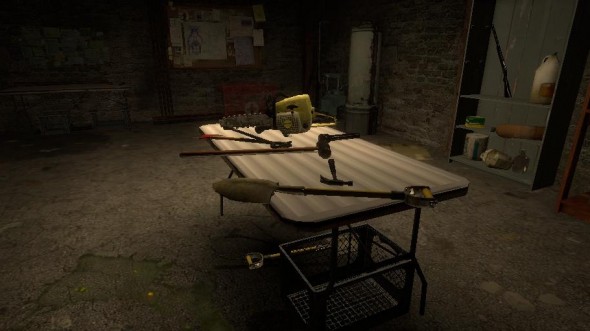
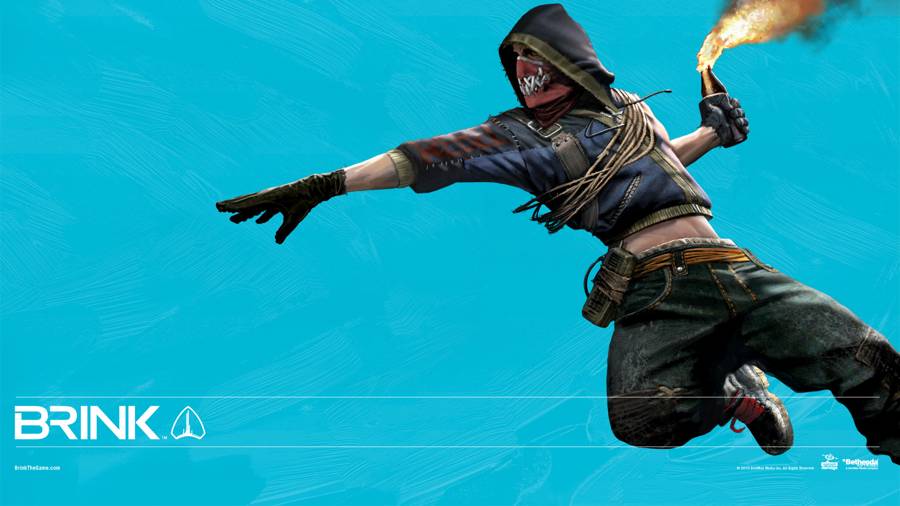


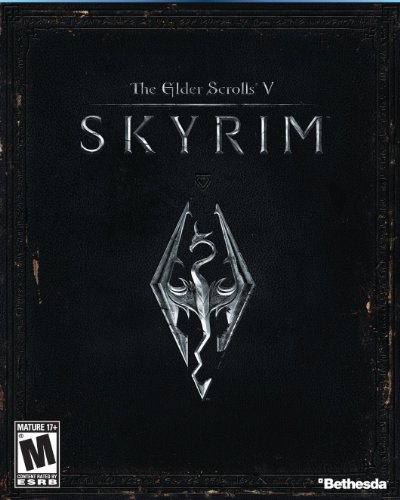 The Elder Scrolls IV: Oblivion Plugin Knights of the Nine Revelation Walkthrough Maps
The Elder Scrolls IV: Oblivion Plugin Knights of the Nine Revelation Walkthrough Maps Sony buys Gaikai: what does this mean for the future of PlayStation?
Sony buys Gaikai: what does this mean for the future of PlayStation?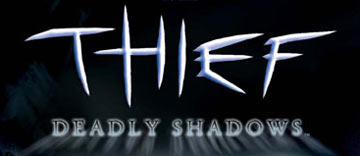 Thief Deadly Shadows Tweak Guide
Thief Deadly Shadows Tweak Guide Torchlight 2: Rapid Charge Generator Engineer Build Guide
Torchlight 2: Rapid Charge Generator Engineer Build Guide Where will gaming go in 2013?
Where will gaming go in 2013?